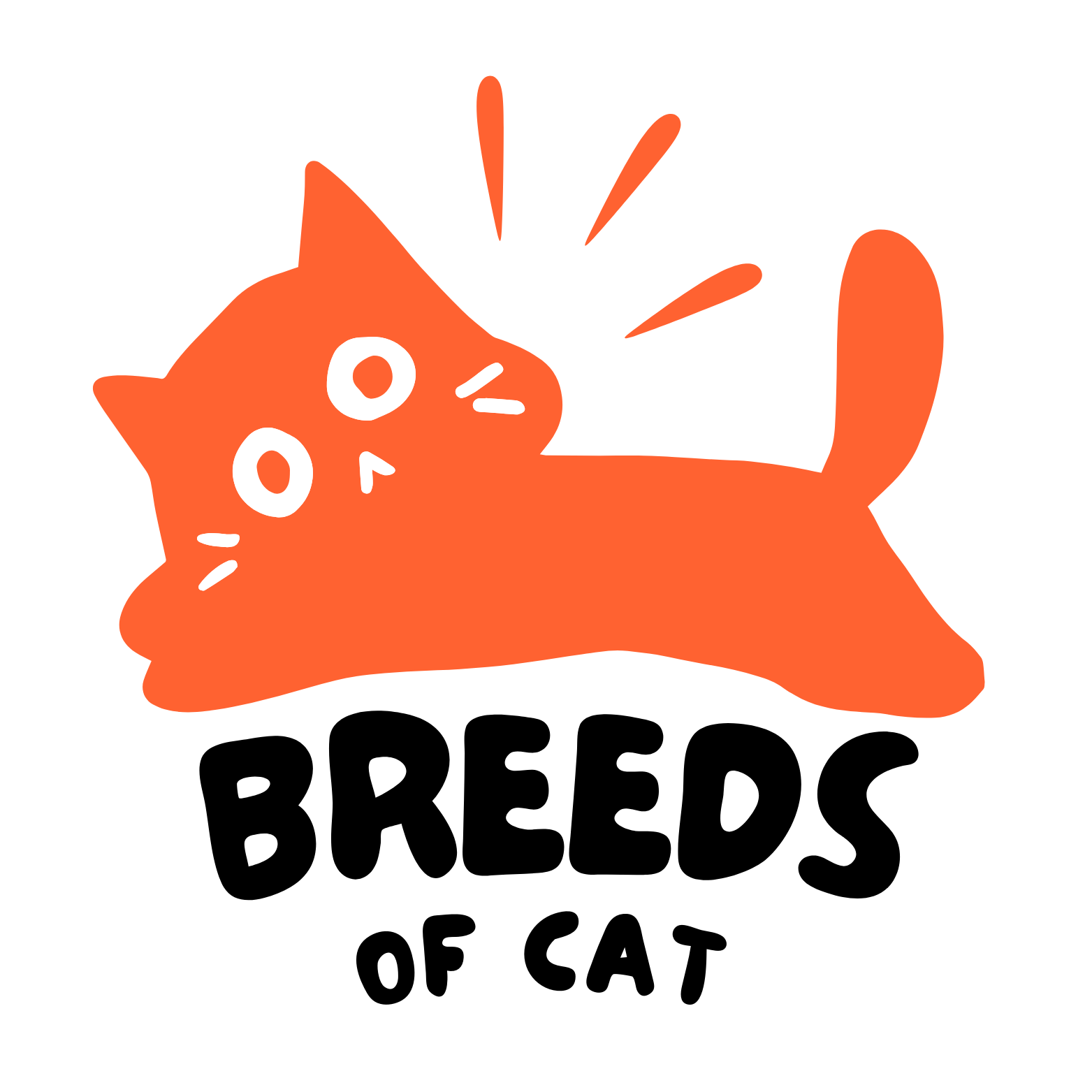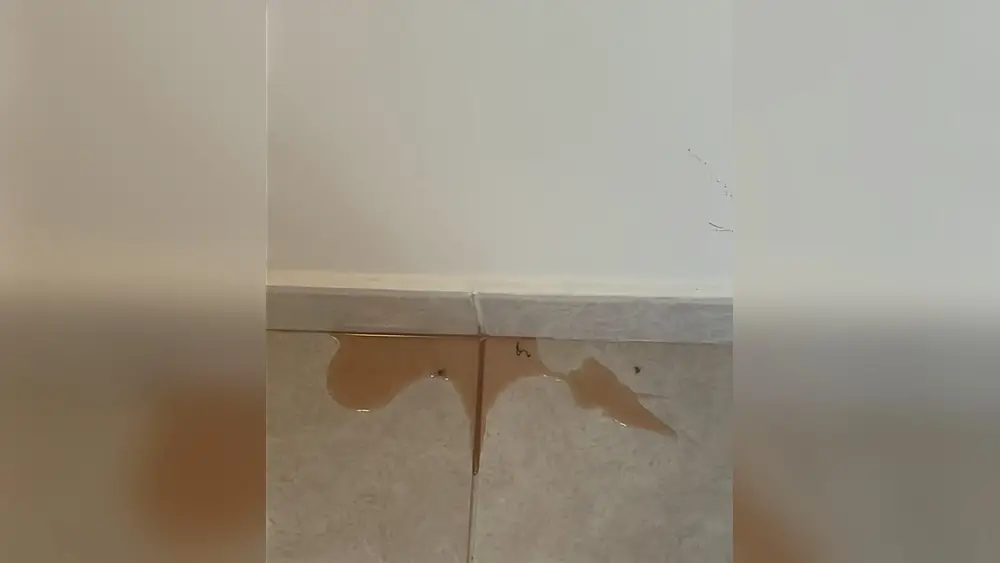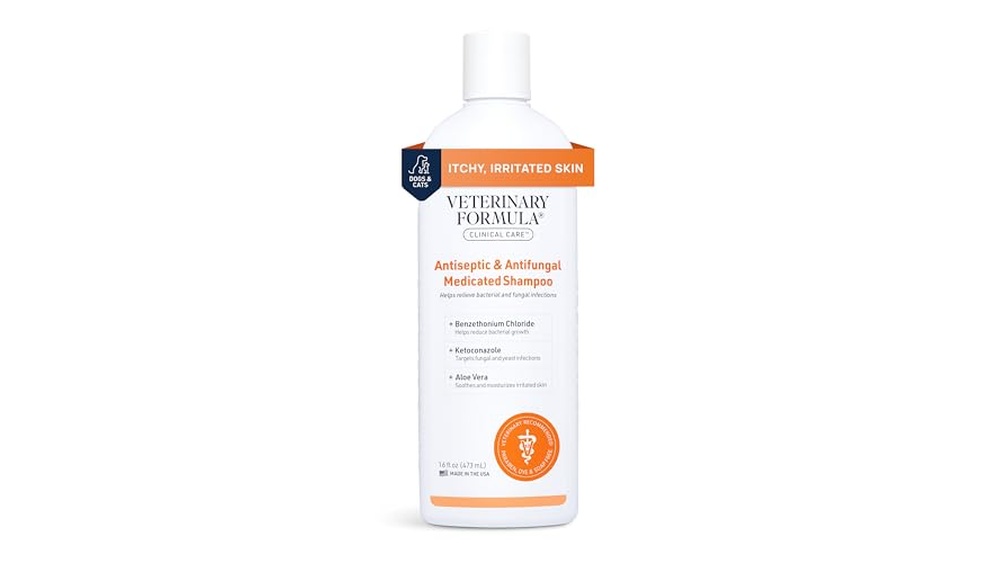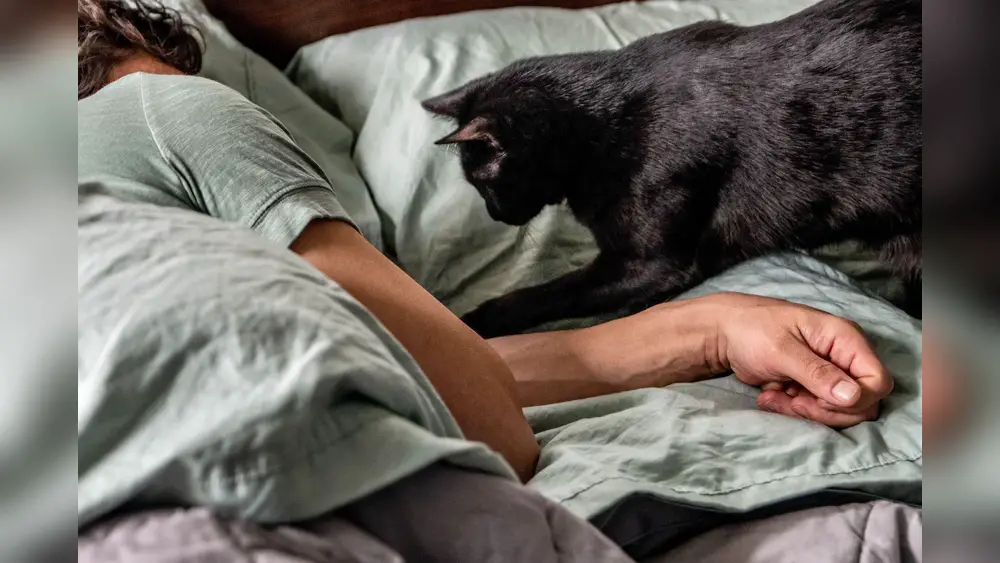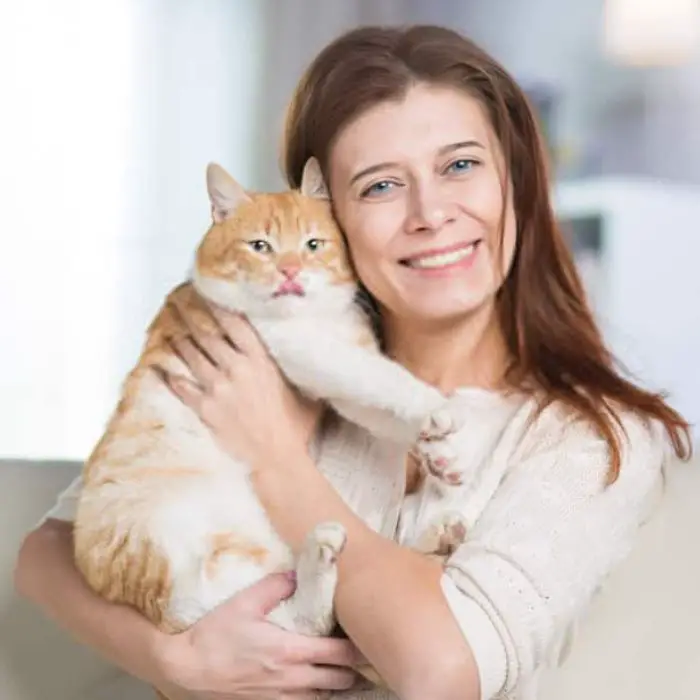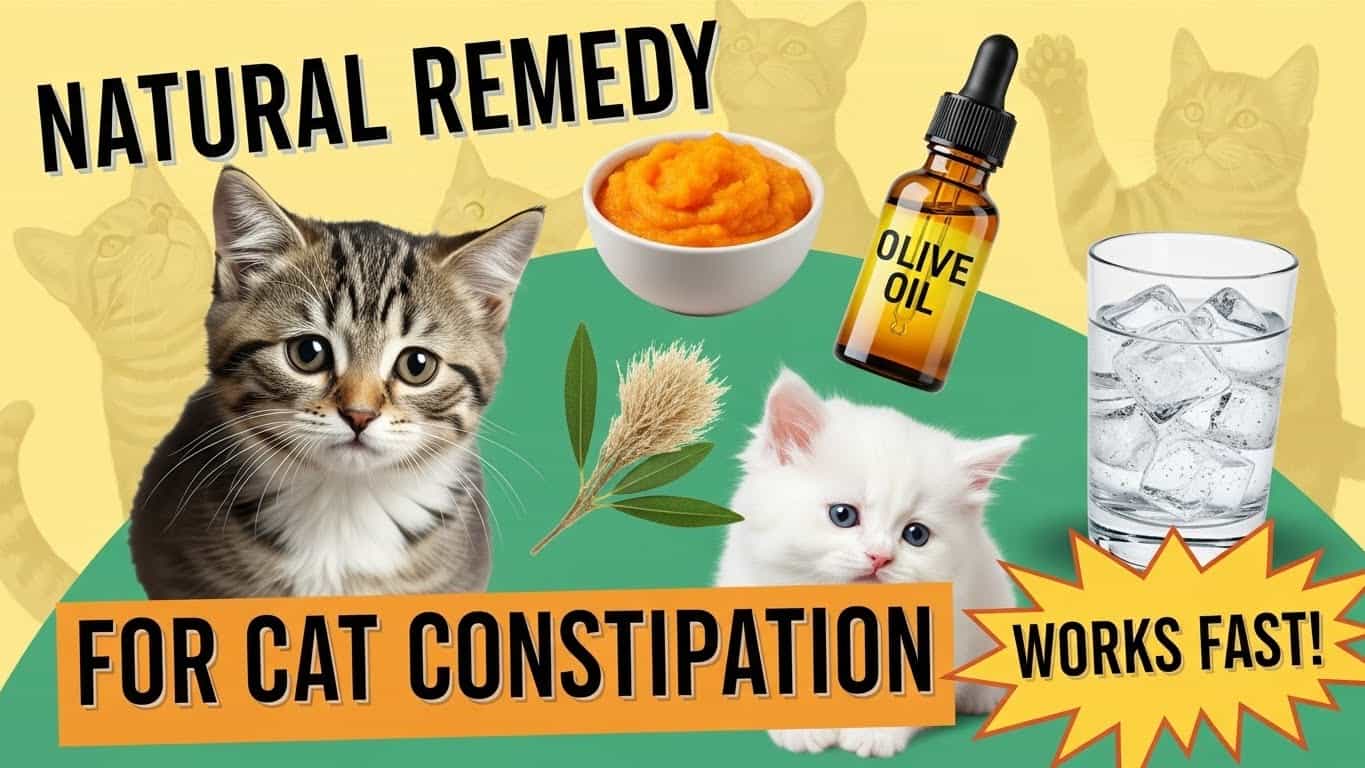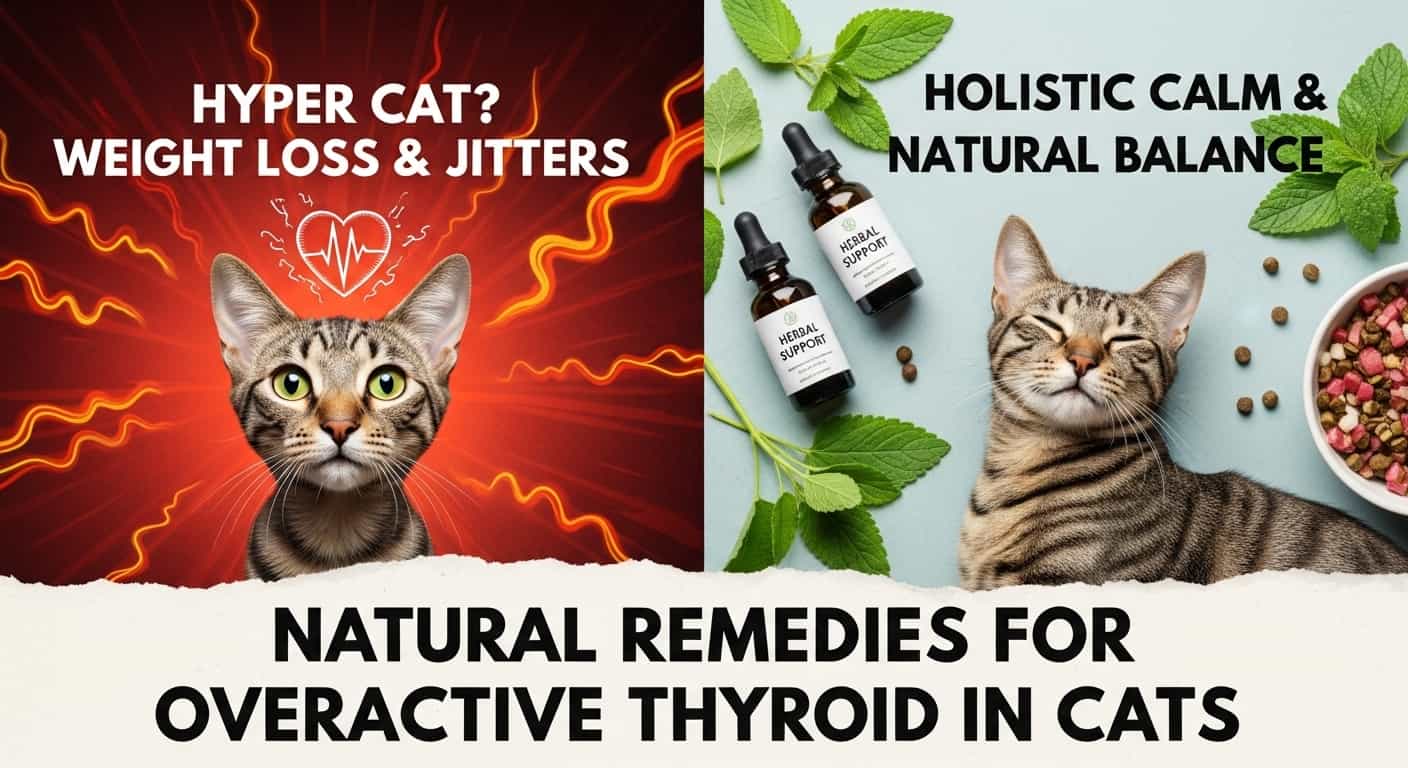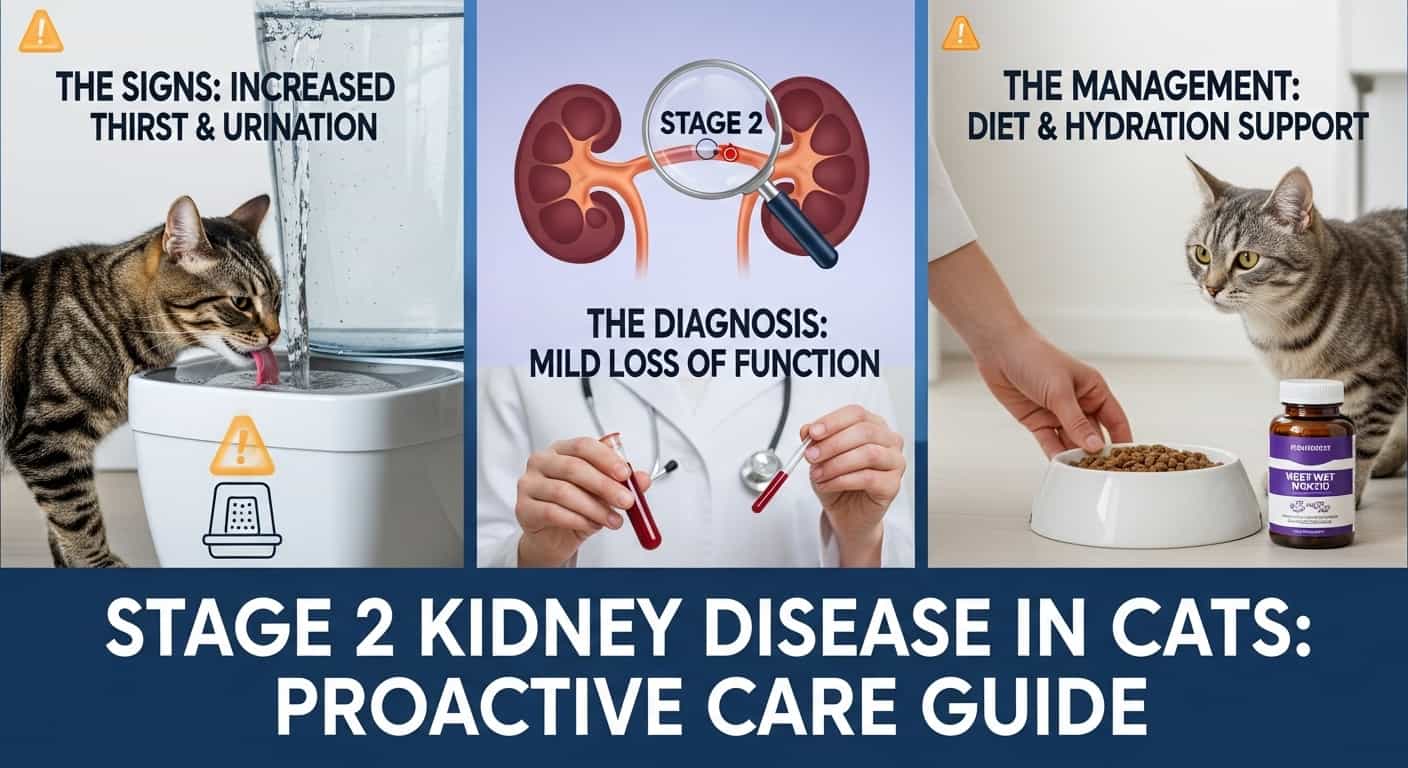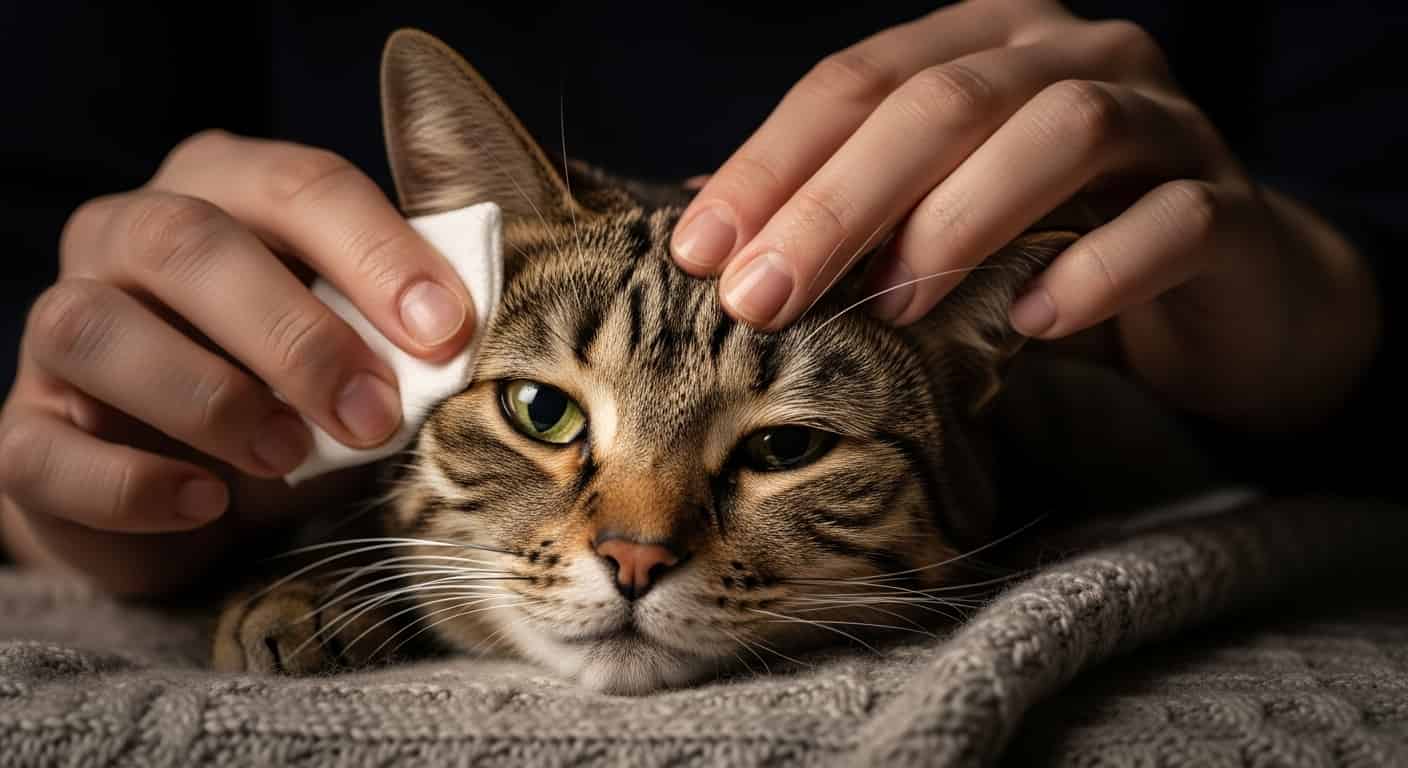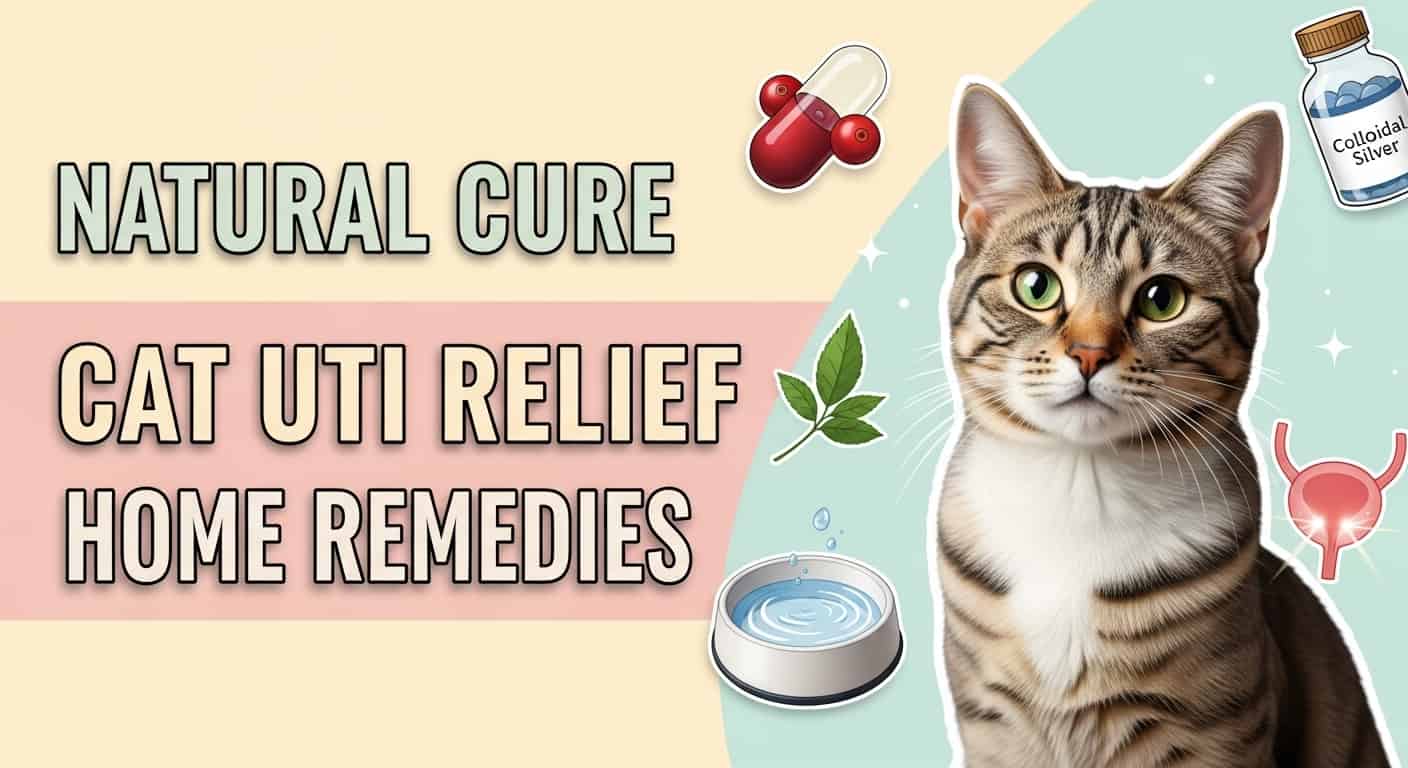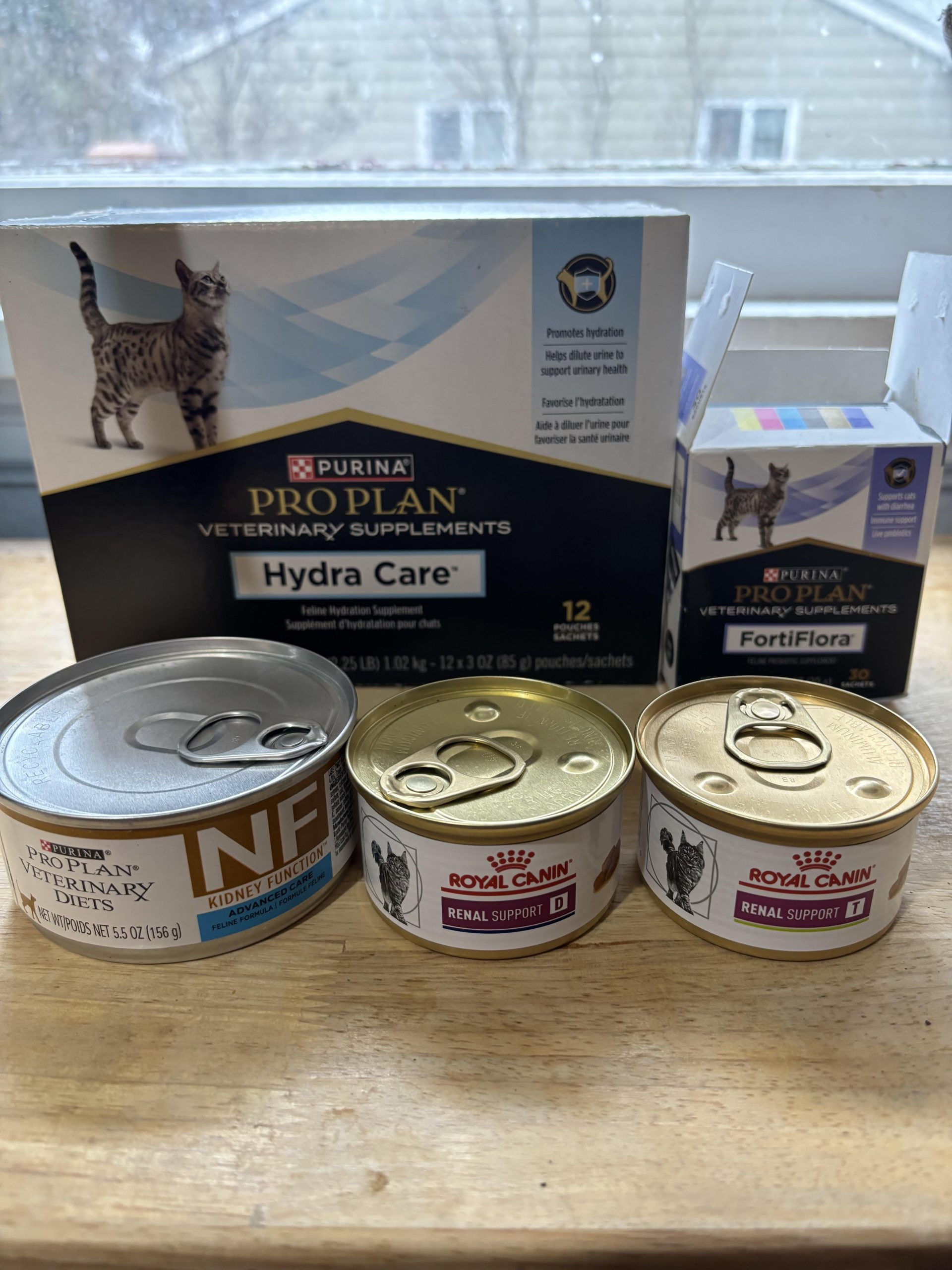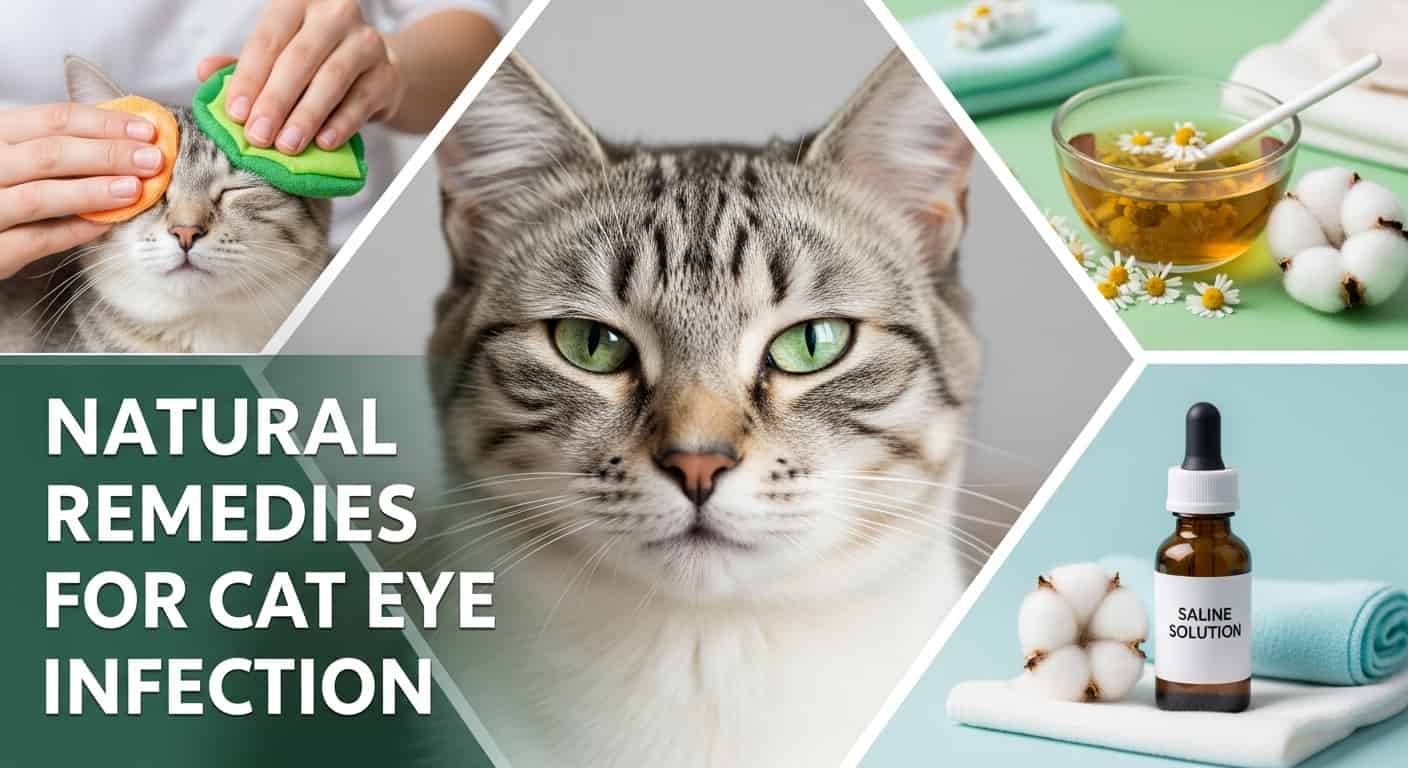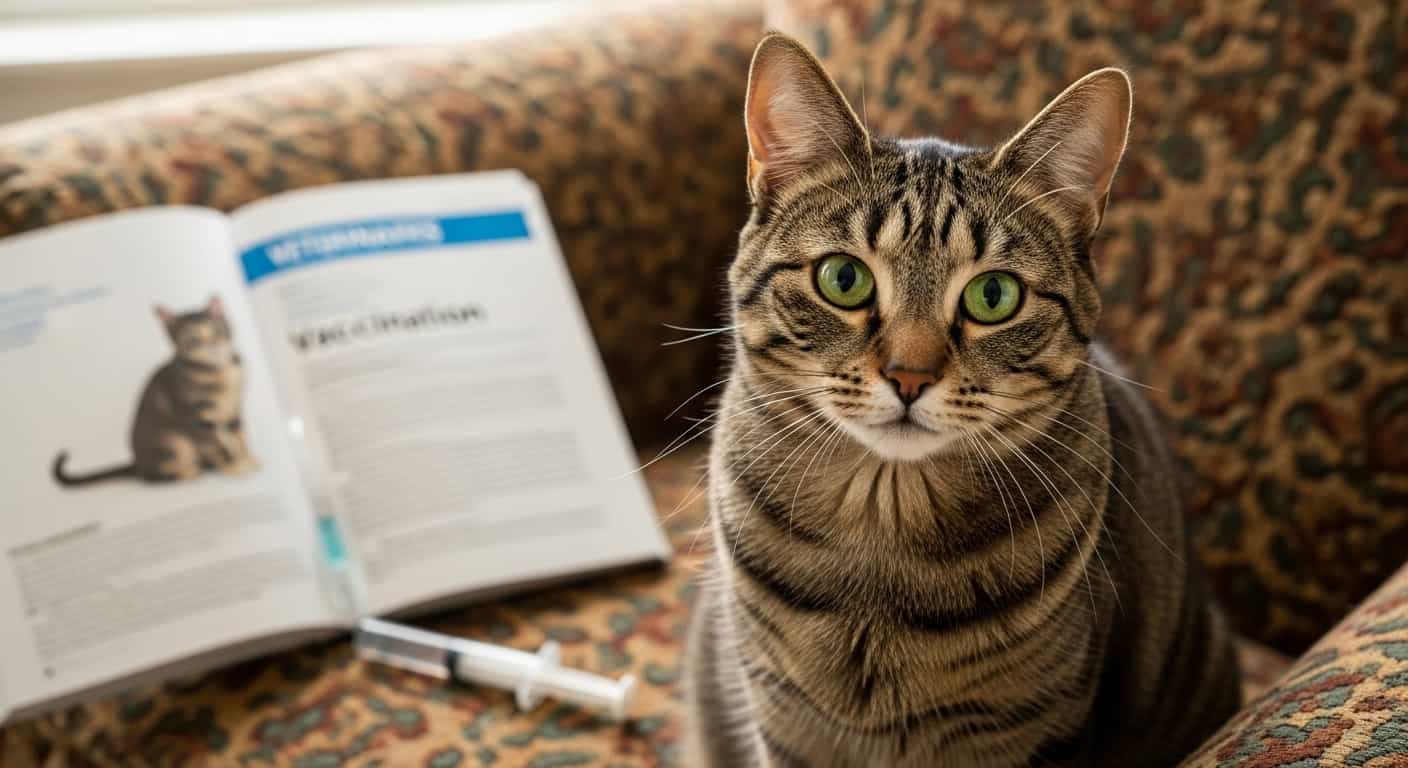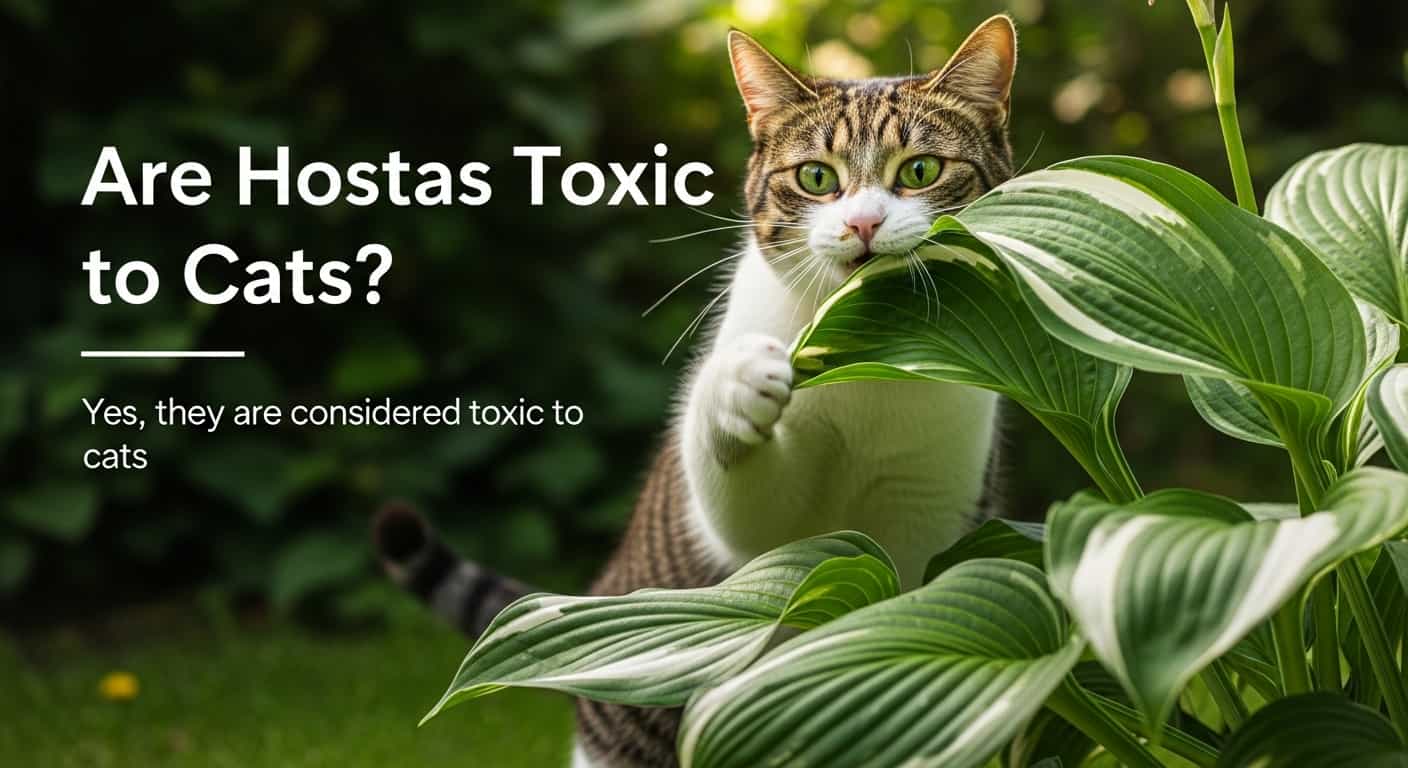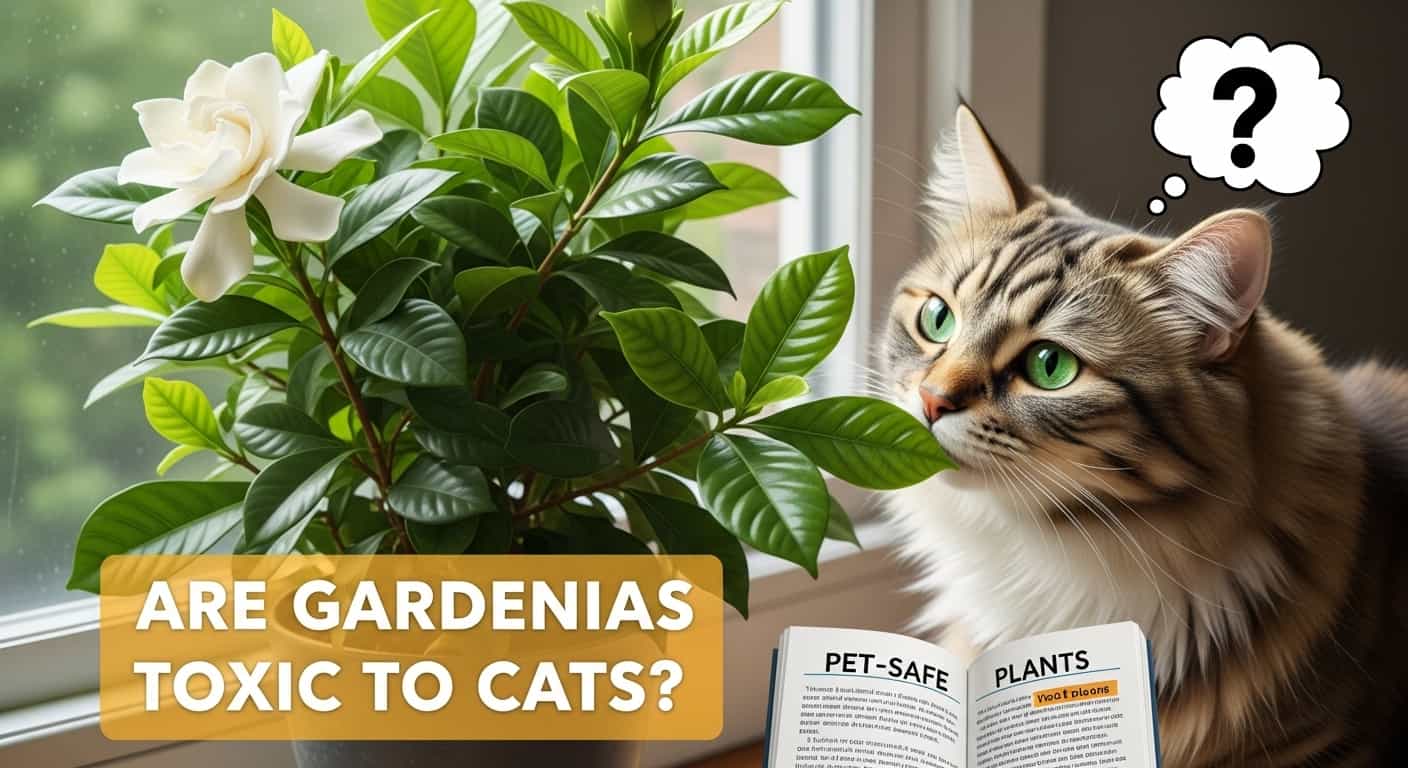Is your cat acting tired or having trouble breathing? These could be signs that your furry friend is struggling with congestive heart failure.
Table of Contents
ToggleKnowing the early signs can make a big difference in your cat’s health and comfort. You’ll learn what to watch for and when to seek help. Understanding these signs can help you protect your cat and give them the care they need.
Keep reading to find out how you can spot congestive heart failure in your cat before it becomes serious.
Common Symptoms In Cats
Cats with congestive heart failure often show clear signs that something is wrong. These symptoms affect their breathing, activity, and eating habits. Recognizing these early can help seek help faster. Here are the common symptoms to watch for in cats.
Breathing Difficulties
Breathing becomes harder for cats with heart failure. They may breathe faster or with effort. Sometimes, cats breathe with their mouths open. You might notice them gasping or panting more than usual.
Coughing And Wheezing
Coughing is a frequent sign of heart problems in cats. It may sound dry or harsh. Wheezing sounds can also occur, caused by fluid in the lungs. These noises are more noticeable during activity or at night.
Reduced Activity Levels
Cats with heart failure often rest more than usual. They lose interest in playing or running. Even short walks may tire them out. This low energy is a key sign to watch for.
Loss Of Appetite
A sick cat may eat less or refuse food. Loss of appetite can lead to weight loss quickly. This symptom often shows alongside other signs of heart failure. Monitoring eating habits is important for early detection.
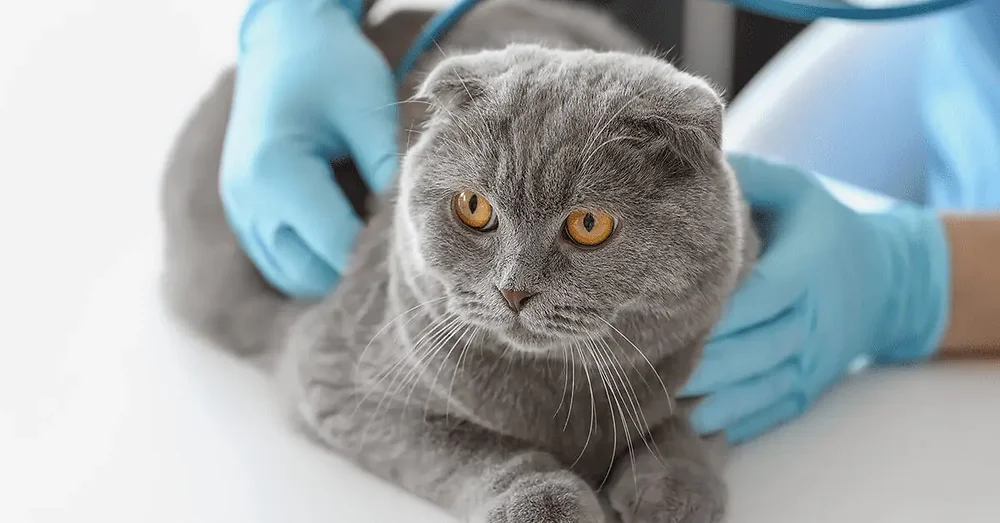
Credit: www.pumpkin.care
Physical Changes To Notice
Physical changes in cats can signal congestive heart failure. These changes often happen slowly. Owners may miss early signs without careful observation. Noticing these signs early can help get timely care.
Swollen Abdomen
A swollen abdomen is a common sign. It happens because fluid builds up in the belly. The cat’s stomach looks larger and feels firm. This swelling can cause discomfort and trouble moving.
Here's a related post that you might find useful. Cat Peeing Blood Outside Litter Box: Urgent Causes & Solutions
Weight Loss
Weight loss often happens even if the cat eats well. The body struggles due to poor heart function. Muscles may shrink, and the cat looks thinner. This change may be hard to notice at first.
Changes In Gum Color
Healthy gums are usually pink. Pale, blue, or gray gums show poor oxygen flow. These color changes mean the heart is not pumping well. Check your cat’s gums often for any unusual shades.
Behavioral Signs
Behavioral changes are often the first signs of congestive heart failure in cats. These changes may seem subtle but carry important clues. Noticing shifts in your cat’s usual actions can help catch health problems early. Observe your cat closely for any unusual habits or moods.
Restlessness
Restlessness shows as constant movement or pacing. Your cat may struggle to find a comfortable spot. This behavior happens because breathing becomes difficult. Cats might change positions often to ease discomfort. Restlessness can also include frequent standing and sitting.
Hiding Or Withdrawal
Many cats hide or withdraw during illness. Your cat might avoid people or stay in quiet places. This change often means your cat feels weak or stressed. Withdrawal is a way to protect itself from discomfort. Watch for unusual hiding spots or longer periods alone.
Increased Sleeping
Cats with heart failure often sleep more than usual. Fatigue makes them rest to save energy. Sleeping more can be a sign of low oxygen or poor blood flow. Pay attention if your cat seems tired even after naps. Increased sleeping may also mean your cat avoids activity.

Credit: www.reddit.com
When To See A Vet
Recognizing the right time to visit a vet is crucial for cats with congestive heart failure. Early detection and care can improve their quality of life. Watch for changes in behavior and physical signs. Quick action often makes a big difference.
Urgent Warning Signs
Seek immediate veterinary help if your cat shows trouble breathing. Labored or rapid breathing can signal fluid buildup in the lungs. Sudden weakness or collapse needs urgent care. Noticeable swelling in the abdomen or limbs also requires prompt attention. These signs can mean the heart is struggling.
Here's a related post that you might find useful. Cat Keeps Waking Me Up at Night: Proven Tips to Stop It Fast
Routine Checkups
Regular vet visits help monitor your cat’s heart condition. Vets can track changes and adjust treatments as needed. Routine exams catch problems before they worsen. Keep a schedule for checkups and follow the vet’s advice. This helps maintain your cat’s health over time.
Managing Symptoms At Home
Managing symptoms of congestive heart failure in cats at home is very important. It helps your cat stay comfortable and live better. Careful attention and simple routines can make a big difference. Understanding how to help your cat daily can reduce risks and improve health.
Medication Compliance
Give your cat medicine exactly as the vet says. Skipping doses can harm your cat’s health. Use reminders to keep track of medication times. Always finish the full course unless the vet tells you to stop. Watch for side effects and report them to the vet fast.
Diet And Exercise Adjustments
Feed your cat a special diet recommended by the vet. Low salt food helps the heart work better. Avoid giving treats that are high in salt or fat. Encourage gentle play but avoid tiring your cat. Short, calm exercise helps keep muscles strong without strain.
Monitoring Breathing And Heart Rate
Check your cat’s breathing often for quick or hard breaths. Resting breathing rate should be steady and calm. Learn to feel your cat’s heartbeat gently. An irregular or fast heart rate needs immediate vet care. Keep a daily log to notice changes early.
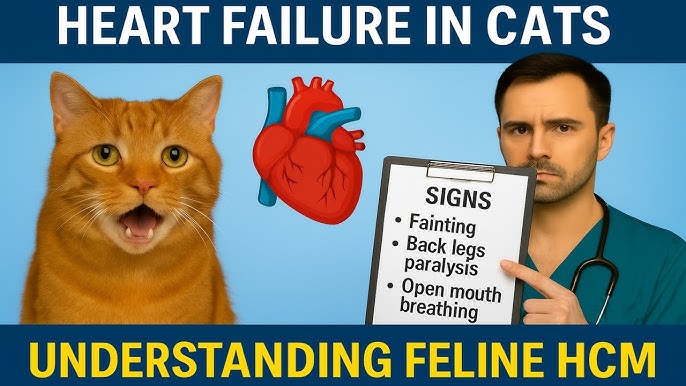
Credit: www.youtube.com
Frequently Asked Questions
What Are The Early Signs Of Congestive Heart Failure In Cats?
Early signs include coughing, difficulty breathing, and lethargy. Cats may also show reduced appetite and weight loss. Noticing these symptoms early helps in timely veterinary care and management.
How Does Congestive Heart Failure Affect A Cat’s Breathing?
Congestive heart failure causes fluid buildup in the lungs. This leads to labored, rapid, or shallow breathing. If your cat struggles to breathe, seek immediate veterinary attention.
Can Congestive Heart Failure Cause Swelling In Cats?
Yes, congestive heart failure can cause swelling, especially in the abdomen or limbs. This swelling is due to fluid retention from poor heart function. Monitoring swelling can help detect heart issues early.
Is Coughing A Common Symptom Of Heart Failure In Cats?
Yes, coughing is common due to fluid accumulation in the lungs. It can be persistent and worsen over time. Always consult a vet if your cat develops a cough.
Conclusion
Cats with congestive heart failure show clear signs you should watch. Early detection helps your pet get better care fast. Notice changes in breathing, energy, or appetite right away. Regular vet visits keep your cat healthy and safe. Understanding these signs can make a big difference.
Stay alert, and act quickly to support your furry friend. Caring for your cat means knowing what to look for. This simple awareness can save your cat’s life.
